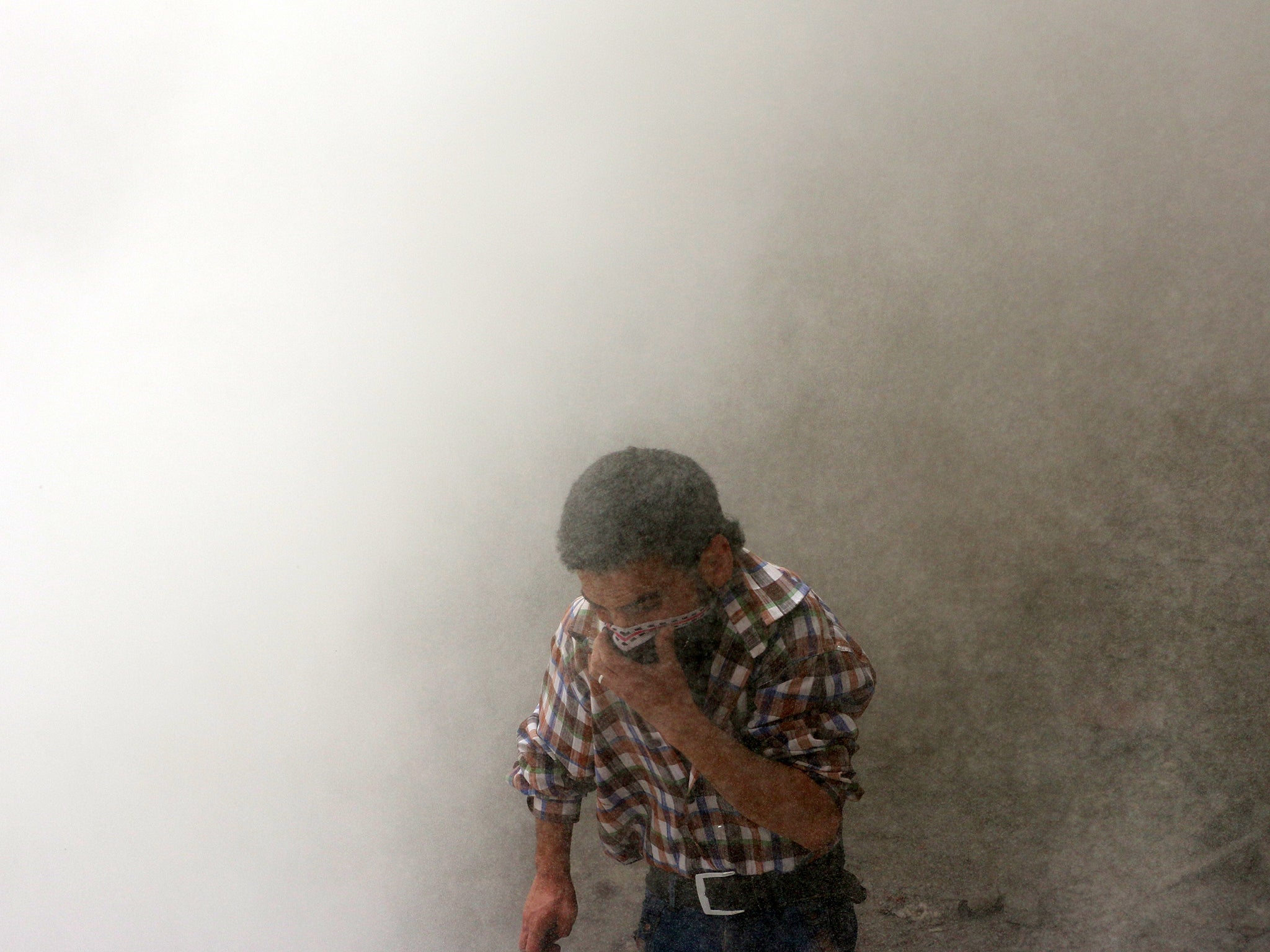Robert Fisk: Who is bombing whom in the Middle East?
It amazes me that all these warriors of the air don’t regularly crash into each other


Let me try to get this right. The Saudis are bombing Yemen because they fear the Shia Houthis are working for the Iranians. The Saudis are also bombing Isis in Iraq and the Isis in Syria. So are the United Arab Emirates. The Syrian government is bombing its enemies in Syria and the Iraqi government is also bombing its enemies in Iraq. America, France, Britain, Denmark, Holland, Australia and – believe it or not – Canada are bombing Isis in Syria and Isis in Iraq, partly on behalf of the Iraqi government (for which read Shia militias) but absolutely not on behalf of the Syrian government.
The Jordanians and Saudis and Bahrainis are also bombing Isis in Syria and Iraq because they don’t like them, but the Jordanians are bombing Isis even more than the Saudis after their pilot-prisoner was burned to death in a cage. The Egyptians are bombing parts of Libya because a group of Christian Egyptians had their heads chopped off by what might – notionally – be the same so-called Islamic State, as Isis refers to itself. The Iranians have acknowledged bombing Isis in Iraq – of which the Americans (but not the Iraqi government) take a rather dim view. And of course the Israelis have several times bombed Syrian government forces in Syria but not Isis (an interesting choice, we’d all agree). Chocks away!
And if you want to taste the sectarianism of all this, just take a look at Saudi Arabia’s latest request to send more Pakistani troops to protect the kingdom (and possibly help to invade Yemen), which came from the new Saudi Crown Prince and Defence Minister Mohammed bin Salman who at only 34 is not much older than his fighter pilots. But the Saudis added an outrageous second request: that the Pakistanis send only Sunni Muslim soldiers. Pakistani Shia Muslim officers and men (30 per cent of the Pakistani armed forces) would not be welcome.
It’s best left to that fine Pakistani newspaper The Nation – and the writer Khalid Muhammad – to respond to this sectarian demand. “The army and the population of Pakistan are united for the first time in many years to eliminate the scourge of terrorism,” Muhammad writes. But “the Saudis are now trying to not only divide the population, but divide our army as well. When a soldier puts on a uniform, he fights for the country that he calls home, not the religious beliefs that they carry individually… Do they (the Saudis) believe that a professional military like Pakistan… can’t fight for a unified justified cause? If that is the case then why ask Pakistan to send its armed forces?”
It’s worth remembering that Pakistani soldiers were killed by the Iraqi army in the battle for the Saudi town of Khafji in 1991. Were they all Sunnis, I wonder?
And then, of course, there are the really big winners in all this blood, the weapons manufacturers. Raytheon and Lockheed Martin supplied £1.3bn of missiles to the Saudis only last year. But three years ago, Der Spiegel claimed the European Union was Saudi Arabia’s most important arms supplier and last week France announced the sale of 24 Rafale fighter jets to Qatar at a cost of around £5.7bn. Egypt has just bought another 24 Rafales.
It’s worth remembering at this point that the Congressional Research Services in the US estimate that most of Isis’s budget comes from “private donors” in – you guessed it – Saudi Arabia, Qatar, the UAE and Kuwait.
But blow me down if the Yanks are back to boasting. More than a decade after “Mission Accomplished”, General Paul Funk (in charge of reforming the Iraqi army) has told us that “the enemy is on its knees”. Another general close to Barack Obama says that half of the senior commanders in Isis have been liquidated. Nonsense. But it’s worth knowing just how General Pierre de Villiers, chief of the French defence staff, summed up his recent visits to Baghdad and Iraqi Kurdistan. Iraq, he reported back to Paris, is in a state of “total decay”. The French word he used was “decomposition”. I suspect that applies to most of the Middle East.